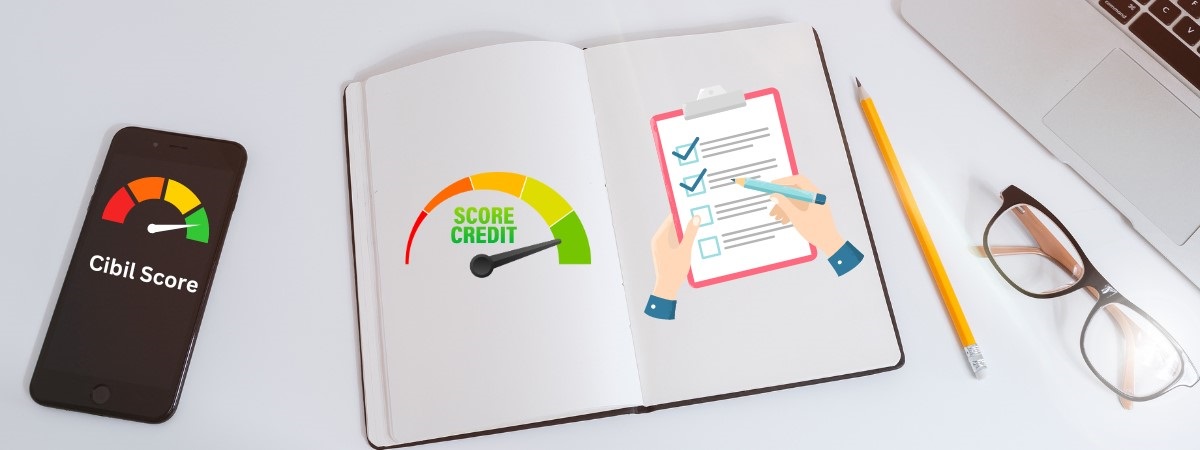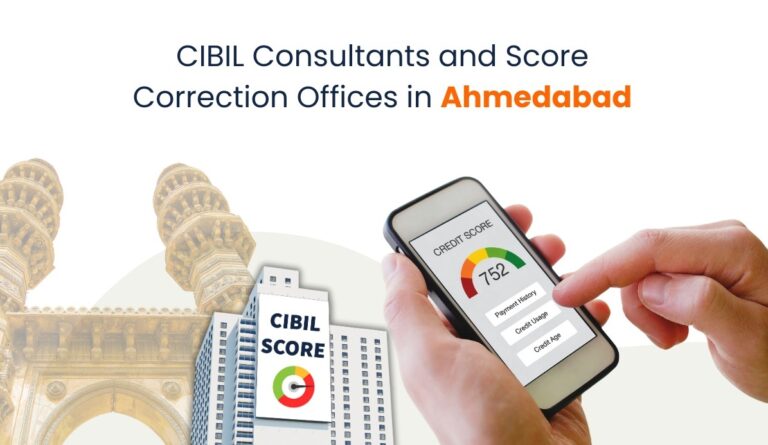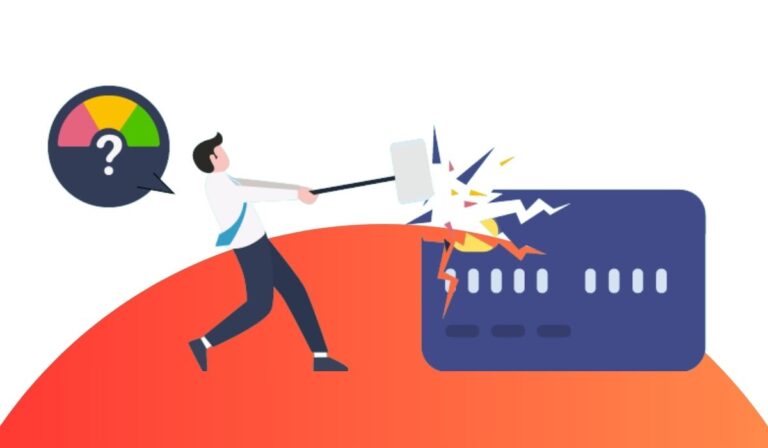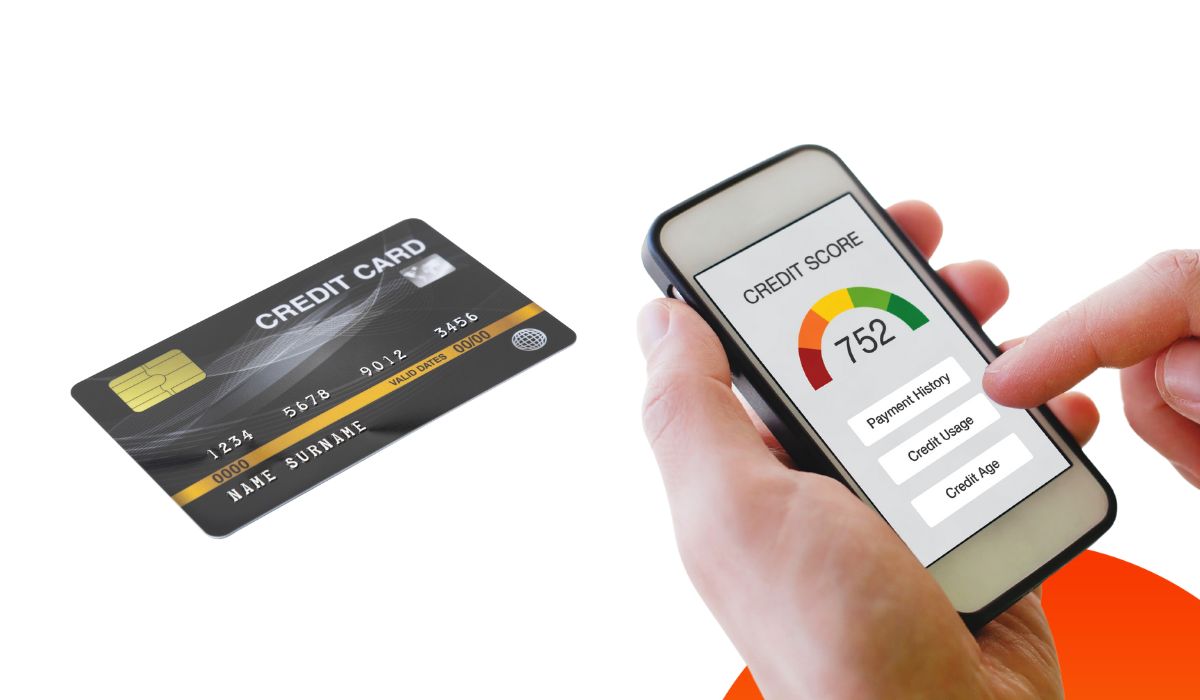What is CIBIL defaulter list?
A “defaulter list” is generally a record of borrowers who have failed to meet their loan repayment obligations. These lists are maintained by lenders themselves or by credit bureaus that track credit history. Being on a defaulter list can have negative consequences, such as difficulty obtaining future loans or credit cards and potentially facing legal action.
In India, there is not a single, publicly available “CIBIL defaulter list” maintained by the credit bureau CIBIL. However, CIBIL reports do reflect defaults on loan repayments. Additionally, the Reserve Bank of India maintains a database of “wilful defaulters”, borrowers who intentionally avoid repaying loans exceeding a certain threshold. This list is not publicly accessible but is shared with banks and financial institutions to help them assess creditworthiness.
How can I check if my name is on the CIBIL defaulter list?
There is no CIBIL defaulter list as prescribed by the financial institutions as of now. Your actual financial health can be understood by analysing the CIBIL score. A low CIBIL score means bad financial health and leads to less chances of loan approval. Whereas, a high CIBIL score often means good credit health that can lead to faster loan approval.
How to remove your name from CIBIL’s defaulter list?
Getting the name removed from CIBIL’s defaulter list is extremely crucial to increase the chances of getting a loan approved. Here are the major steps that should be followed to remove the name from the defaulter list of CIBIL.
Steps for removing a CIBIL suit-filed account from your report
-
Out-of-court Settlement
- Contact your lender and propose a full settlement of the outstanding amount
- If they agree, the lawsuit will be withdrawn, and the settlement will be reported to CIBIL as a “settled account.”
- While this removes the lawsuit, a “settled account” remark stays on your report for 7 years, potentially affecting future loan applications
-
Court Proceedings
- If a full settlement is not possible, appear in court and explain your reasons for defaulting
- The bank may offer a different settlement amount during the proceedings.
- This settlement will also be reported to CIBIL as a “settled account” with the same 7-year implication
Also, read:
How do lenders deal with your credit application submissions?
1. Intake and Verification
- This is the initial phase where the lender receives your application, either submitted electronically, by mail, or in person.
- They will then meticulously verify all the information you provided, including employment details, income, and contact information. This might involve:
- Contact your employer to confirm your employment status and income.
- Checking credit bureaus like CIBIL to obtain your credit report and score.
- Verifying any submitted documents like pay stubs or tax returns to ensure their accuracy.
2. Creditworthiness Assessment
This is the core stage where lenders assess your capacity to fulfil loan obligations based on your financial history and credit information. Key factors considered include:
- Credit Score: A high score signifies a good track record of managing debt and can significantly increase your approval chances and potentially secure lower interest rates.
- Debt-to-Income (DTI) Ratio: This financial indicator calculates the comparison between your monthly obligations toward debt—such as rent, current loan payments, and other financial liabilities—and your overall monthly gross income. Possessing a lower DTI ratio highlights that you maintain a substantial amount of disposable income, thereby enhancing your capability to comfortably afford the repayment terms of a new loan.
- Employment History: Stable employment and sufficient income demonstrate your reliability as a borrower.
- Credit History Length: A longer credit history with responsible credit usage shows experience in managing credit effectively.
3. Approval Decision
Based on the creditworthiness assessment, the lender will decide to:
- Approve: This is the ideal scenario where your application meets the lender’s criteria, and you’re offered the loan
- Deny: This might occur if your credit score falls below their minimum requirement, your DTI is too high, or they have concerns about your ability to repay.
How to prevent being on the defaulter’s list?
There is no CIBIL defaulter list as announced by the authorities for the users. However, the following are the major ways that should be followed to prevent being on the defaulter’s list:
- Timely bill payments are crucial; they’re the backbone of a good credit score. Neglecting them can lead to a major dip in your rating.
- Setting up automatic payments can be a smart move to ensure you never fall behind.
- Keeping your credit utilization ratio in check is also vital. This ratio measures the credit you’re using against your total available limit. For robust credit health, it’s recommended to maintain this ratio under 30%.
- Don’t apply for too much credit at once, as multiple inquiries in a short period can negatively impact your score
- If you have any outstanding debts, prioritise paying them off to improve your credit health
Legal Actions and Consequences for CIBIL Credit Defaulters
Here are the major legal actions and consequences for CIBIL Credit Defaulters that competent authorities are bound to take:
- Negotiable Instruments Act, 1881 (NI Act) act allows lenders to file a case against borrowers for bouncing cheques issued for loan repayments exceeding 180 days. This can be considered a criminal offence under Section 138 of the NI Act.
- In cases of wilful default where there’s the intent to cheat the lender, legal action can be taken under Sections 403 and 415 of the IPC. These sections deal with criminal breach of trust and cheating, respectively.
- Lenders can file a civil lawsuit for recovery of the debt in a civil court. If the court rules in the lender’s favour, they can enforce the judgment by attaching the borrower’s assets or garnishing their salary.
Frequently Asked Questions
Ques: What is the CIBIL defaulter list?
Ans: There isn’t a CIBIL defaulter list, but CIBIL maintains credit reports with your payment history and not a blacklist.
Ques: How can I check if I am on the CIBIL defaulter list?
Ans: While there’s no defaulter list check, you can access your CIBIL report to see your credit history.
Ques: How long does negative information stay on my credit report?
Ans: Negative information about defaults stays on your report for up to 7 years in India.
Ques: Can I get a loan if I have been a defaulter in the past?
Ans: You may still get loans after default, but it can be harder and with less favourable terms.
Ques: How many years will CIBIL keep a record of defaulters?
Ans: The CIBIL keeps a record of defaulters for only 7 years in total.





